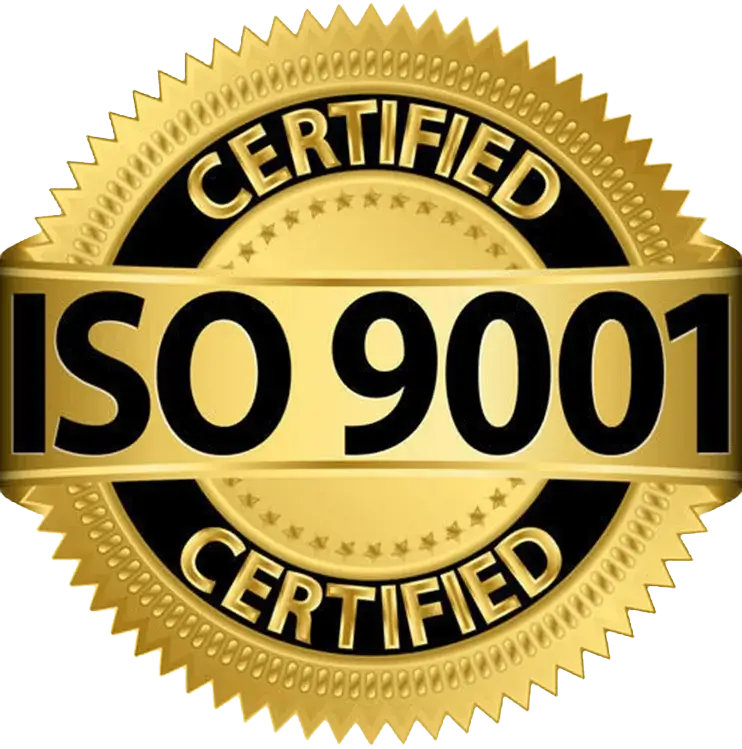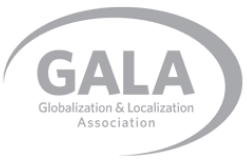Translating marketing content requires careful consideration, and understanding your target market is crucial for success. When marketing your product or service in another country, it’s important to take into account the cultural nuances, appropriate style, and religious considerations of that country.
In international campaigns, it’s essential to focus on communicating ideas rather than just words. Encouraging customer interaction through the use of active voice in your copy is beneficial. In your domestic market, marketing content is crafted to motivate customers to purchase your product or service. This content is usually created by copywriting experts or in-house professionals who have a deep understanding of your offering. It is then copywritten or copyedited before publication. It’s important to remember that highly visible content is rarely perfect in its initial form, so the same should be expected of translations. Translating marketing content is a complex task.
As a translation company, we have observed that this aspect is often overlooked when translating marketing content for other countries. There is often an expectation that translators will simply recreate the perfected copy in another language in one step.
The problem lies in the fact that translators are not copywriters. While translators aim to produce a text that reads as if it was originally written in the target language, the process of creating content for publication requires a different skill set and expertise. Think of the translation as the first part of the process, or a draft version. It then needs to be reviewed by a second translator and ideally copyedited as a final step.
Translators can only work with the material you provide, both in terms of the original text for translation and the instructions you give them. They are not in a position to make decisions about which parts of the copy are crucial to your message or to deviate from the source text to create something original unless you explicitly allow them to do so.
Across different languages, certain elements such as idioms, colloquialisms, and concepts are not always directly translatable. They derive meaning from the culture in which they originated and cannot simply be transplanted into another culture while retaining the same meaning. In some cases, there may not even be an equivalent in the target language. To avoid losing the intended message in translation, your copy may need to be adapted before translation. This adaptation is a separate service from translation and ensures that your source content is suitable for translation purposes.
To achieve similar results abroad as you do in your domestic market, a different approach is required for translating marketing copy. Here are some useful tips we’ve gathered over the years:
Conduct market research: Before pursuing translation, ensure that your product is relevant in the target market by conducting thorough market research.
Review your domestic marketing copy: Your copywriter may have used wordplay, creative concepts, captivating headlines, and compelling calls to action that work well in English. However, these may not translate effectively. Before handing your text to a translator, consider adapting it specifically for translation. Although this may require some effort, the end result will be worth it.
Keep it simple: Use short sentences whenever possible and keep your message straightforward. If time allows, have your translation company review your marketing copy and identify any potential translation challenges. Alternatively, collaborate with translators who can discuss potential issues with you and find appropriate solutions.
Copyediting: A translator can only do part of the work. Depending on the type of content you’re translating, you may need a second linguist to review the translation and iron out any issues, or a copyeditor to bring the text to life. Technical marketing texts targeting specialists, for example, require a different approach than promotional content aimed at the general public.
Provide a brief: Inform translators about the intended audience for the content. Providing information about your target demographic will influence the style used by the translator and copyeditor
Expand your global horizons with Netwire Global Linguistic Solutions! Discover how our specialized translation and localization services can boost the success of your international business. Contact us now and take your communication beyond language barriers!








